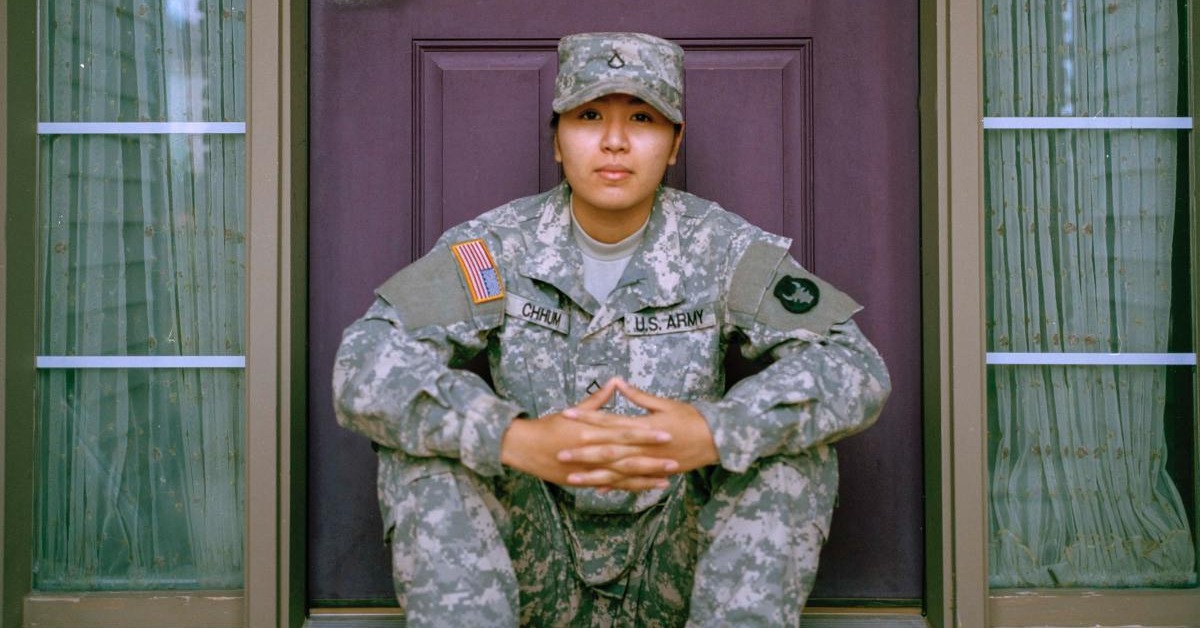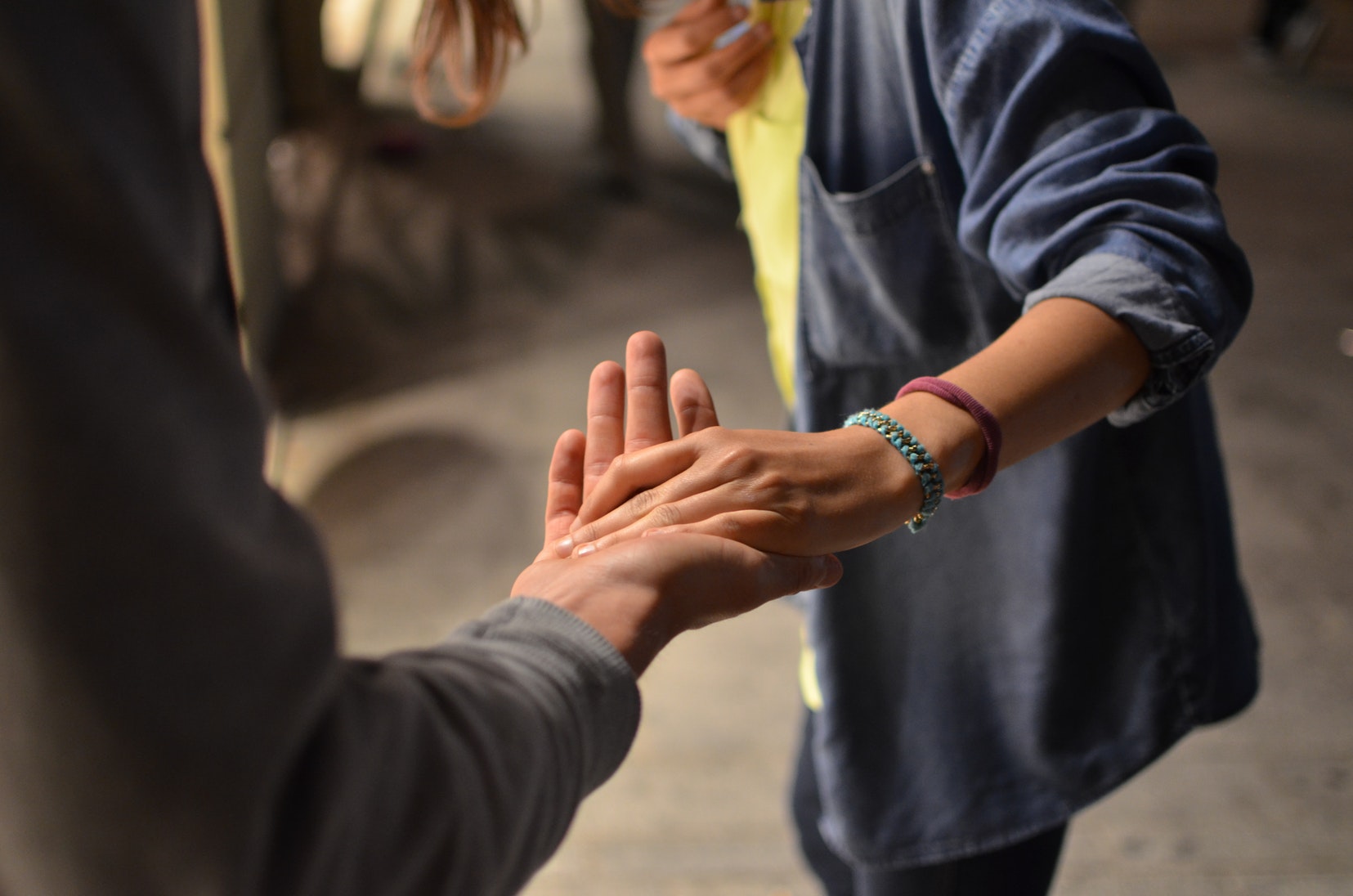
How to Become a Licensed Mental Health Social Worker
We explain the steps necessary to become a licensed mental [...]
Military life isn’t easy; leaving the military and returning to civilian life can be just as challenging. Along with the dramatic change in environment, many veterans have to deal with post-traumatic stress, grief, and injuries acquired in combat. They may not be able to return to their previous careers; they may have trouble adjusting to family life (especially if there are young kids involved who haven’t spent significant time with the returning parent); they may need help finding suitable housing… the list goes on. All of these issues can compound and contribute to deteriorating mental health, financial instability, or substance abuse disorder.
Social workers help veterans with all of these problems and more (although a single social worker may not themselves take on everything). Many social workers partner with government agencies (like the Veterans Affairs bureau) to provide physical, emotional, medical, and lifestyle support to this vulnerable component of society and its unique amalgam of needs.
If you’ve looked into social work as a career, then you may be aware of the various specializations within the field. Veterans social work is a subset of military social work that especially suits people with a personal connection to, or interest in, military life. Many people who enter the field have a veteran in the family and thus a greater awareness of the challenges veterans face.
In this article, we’ll help you explore whether a career as a veterans social worker is right for you. We’ll cover:
Social work can be divided into three levels: direct service social work (micro level),
small group work (mezzo level), and large-scale policy and administration (macro level).
While these three forms of social work may sound different, there’s a lot of overlap among them. A licensed clinical social worker may be involved in macro-practice work throughout their career (although a social worker without a clinical license won’t be able to work unsupervised with patients at the micro level).
Social workers deal with a broad range of challenges, including:
Veterans social workers deal with these issues specifically regarding veterans. They often work for the Department of Veterans Affairs (VA), which provides veterans assistance with healthcare, disability support, education, housing assistance, pensions, family benefits, and more. As with many assistance programs, it can be hard to know where to begin or what you’re entitled to if you don’t know your way around the system. Veterans social workers provide valuable guidance to those who might otherwise be deprived of resources to which they are entitled.
The VA is the largest employer of master’s-level social workers in the US, so many veterans social workers work with this department in some capacity. The VA runs specific programs targeting different needs of veterans, such as Veterans Justice Outreach (VJO) and Health Care for Homeless Veterans (HCHV). The Department of Veterans’ Affairs is affiliated with over 100 graduate schools and trains around 1,000 MSW-holding social workers each year.
Not all veterans social workers work for the VA, however. Numerous national and local organizations, as well as mental health facilities, serve and advocate for veterans and their rights. Many of them employ social workers who specialize in veterans issues.
Veterans social workers work in a variety of settings, including offices, clinics, and even in the homes of the people whom they’re helping, especially if/when the care they provide revolves around physical support (as in the case of managing disabilities).
| University and Program Name | Learn More |
|
Merrimack College:
Master of Science in Clinical Mental Health Counseling
|
|
|
Virginia Commonwealth University:
Online Master of Social Work
|
As with all social work specializations, a veterans social worker needs to be compassionate and possess a genuine desire to help others. They also need to be flexible, willing to learn new things, and adaptable.
As well as having good intentions and a bit of idealism, though, it’s also important to be realistic and resilient. Veterans social workers have the potential to improve lives, but there will always be people who can’t be helped to the fullest potential. Working with people suffering from mental illness, post-traumatic stress disorder, and/or substance abuse problems can be challenging, and you won’t see the expected or desired results 100 percent of the time. A successful veterans social worker will do what is within their skills and power to help. They will advocate for their clients and work to improve the system in smaller or larger ways, but they should also have enough perspective to know if and when an insurmountable problem is not their fault.
In addition to these personal characteristics, there is a set of professional social work competencies compiled by the Council on Social Work Education (CSWE) that social workers are expected to adhere to and internalize. These apply to veterans social workers as well as other kinds of social workers. They are:
In total, a social work education takes four to six years of study. Veterans social workers need to be well-educated, completing either a bachelor’s or a master’s degree in social work (BSW or MSW). A BSW typically takes four years and includes volunteer hours and internships under supervision. An MSW takes one or two years; one if you earned a BSW as an undergraduate, two if not.
Veterans social workers come from a variety of undergraduate disciplines; they are not all BSWs. Some majored in psychology, political science, sociology, anthropology, or statistics. A second language, particularly Spanish, is also desirable, as many veterans and military families in the U.S. will speak Spanish as their first language.
After getting a BSW, many people seeking a career in social work go on to get an MSW. While this higher degree isn’t necessary for every job, many jobs (especially those with the Department of Veterans’ Affairs) require an MSW, so having it opens up many more opportunities. Plus, having an MSW is required in most states if you want to become a licensed social worker, take the test to become a certified Master Social Worker, and sit for the clinical licensing exam (after a few years’ practical experience) to become a licensed clinical social worker (LCSW). If you’d rather be involved in the ‘macro’ aspects of social work, as outlined above, it may not be necessary for you to get an MSW.
Use your MSW study to develop the skills you’ll need to excel in veterans social work. Some schools offer MSW courses that specialize in military social work. All offer courses that sharpen the skills veterans social workers need. An MSW typically takes two years to complete full-time, but if you’ve completed a BSW from a school accredited by the Council on Social Work Education, the MSW should only take one year.
If you have a bachelor’s degree in a related field (such as psychology or nursing), you may be able to move sideways and complete an MSW without having to complete an entirely new undergraduate degree. This does typically mean that an MSW will take you two years rather than one, however.
When studying for your bachelor’s or master’s in social work, take courses that familiarize you with military culture. A study published in the Journal of Military and Veterans’ Health found that specialized training for social work (and nursing) students that includes military culture and problems specific to the military and veterans may help improve outcomes for veterans and military families.
MSW programs that focus on military and/or veteran issues in their curricula include:
The first step towards becoming a veterans social worker is getting your social work degree and license. During your BSW and/or MSW program, look for opportunities to volunteer or intern with organizations that work with veterans. If that isn’t possible due to your location or some other factor, you may need to get an entry-level job after you graduate with an organization that works with the military and veterans. Later, you can move into more advanced roles once you have the relevant knowledge of and exposure to veterans’ issues.
As with all social work specializations, it’s necessary to have a state license to work directly with clients (rather than on the ‘macro’ or organizational level) as a veterans social worker. As mentioned above, getting many types of license is only possible if you have an MSW. Most states require that you complete a minimum number of supervised practical hours before you can become a licensed social worker, but these are generally built into the coursework of CSWE-accredited programs, so you don’t usually have to take any further courses after completing your MSW.
Anyone wanting to become a licensed social worker must take the Association of Social Work Boards (ASWB) exam, which is offered at the bachelor’s and master’s level. These typically take place once you’ve completed your degree; your school will provide the information you need to sit for these exams.
Questions or feedback? Email editor@noodle.com

We explain the steps necessary to become a licensed mental [...]

If you're passionate about improving service members' quality of life [...]

Thinking about a career in social work? Taking a volunteer [...]

Social work leaders oversee organizations and work in advocacy roles [...]

The lack of affordable housing and sufficient mental health care [...]
Categorized as: Counseling, Social Work, Social Work & Counseling & Psychology